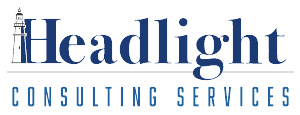The Digital Financial Services (DFS) team at the United States Agency for International Development (USAID) conducts an annual effort to identify models or examples of success that demonstrate the achievement of the team’s objectives and lessons learned for replication and scale. In 2021, Headlight worked with the DFS team to examine and substantiate outcomes achieved through the team’s participation and engagement in global alliances, and assess the global alliances’ value in contributing to the Agency’s goals. For the purpose of this case study, ‘global alliance’ refers to a multi-member partnership that comes together to focus on and promote a common agenda. The case study used an Outcome Harvesting approach to identify both intended and unintended results and adaptations from the long-term engagements across the three prioritized alliances for the case study: the Consultative Group to Assist the Poor (CGAP), the Better than Cash Alliance (BTCA), and the RegTech for Regulators Accelerator (R2A).
This report details the value of global alliances in contributing to the Agency’s goals such as the convening power and multiplier effect that participating in these alliances affords to USAID, as well as six verified outcomes achieved through partnership and collaboration that include results like private-sector commitments to expand financial inclusion and scaling innovative regulatory technology solutions. The report also includes an influence analysis, looking at global alliances’ influence on USAID and vice versa, and key recommendations for USAID staff to consider given the findings and conclusions presented.
As a CLAME approach, this case study provides a quick example of how adapting methods to build “good enough” evidence helps us understand complex relationships, ecosystem-level changes, and support data-driven decision making.




